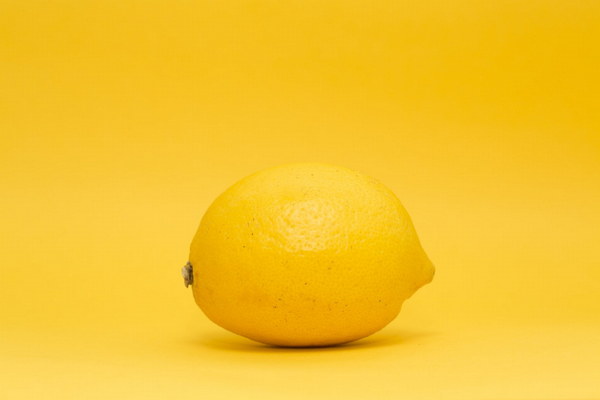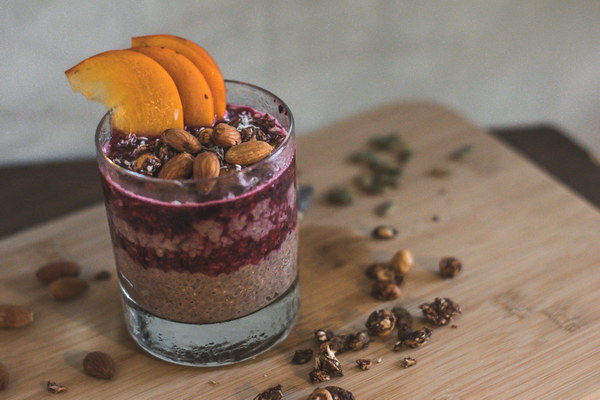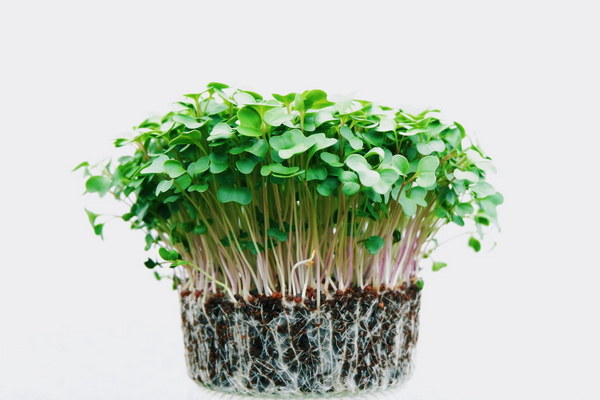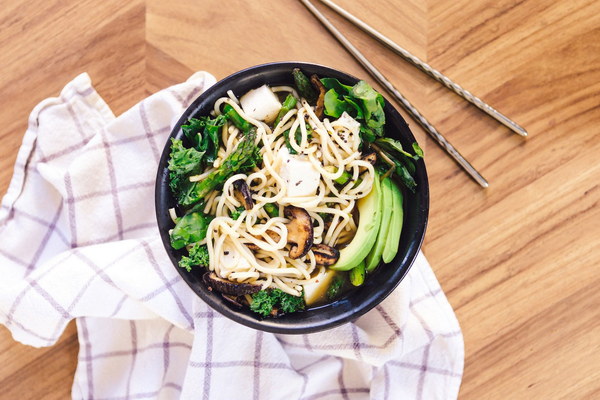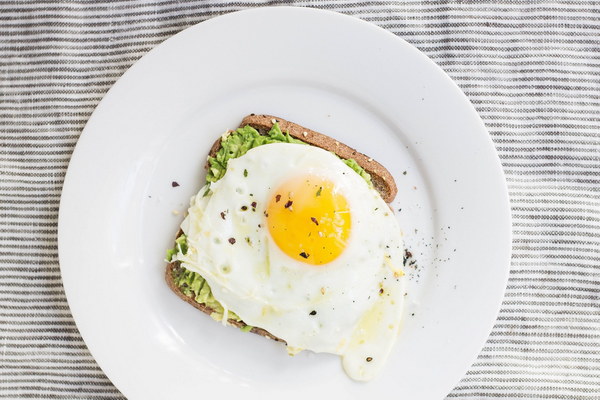Nourishing Diet Tips for Managing High Blood Sugar and Anemia
Living with high blood sugar and anemia can be challenging. Both conditions require careful management, and dietary adjustments play a crucial role in maintaining overall health. Here are some nutritious and delicious food tips to help you manage both high blood sugar and anemia.
1. Incorporate iron-rich foods into your diet
Iron is essential for producing hemoglobin, which carries oxygen throughout your body. To combat anemia, include iron-rich foods such as red meat, poultry, fish, beans, lentils, tofu, and fortified cereals. Iron from animal sources is more easily absorbed by the body, so prioritize these foods when possible.
2. Add vitamin C to enhance iron absorption
Vitamin C can help your body absorb iron more effectively. Pair iron-rich foods with vitamin C-rich fruits and vegetables, such as oranges, strawberries, bell peppers, and leafy greens. This will ensure that you get the most benefit from the iron in your diet.
3. Control your blood sugar levels with low-glycemic foods
To manage high blood sugar levels, focus on low-glycemic foods that release sugar slowly into your bloodstream. These include whole grains, legumes, nuts, seeds, and non-starchy vegetables. By incorporating these foods into your diet, you can prevent spikes in blood sugar and maintain a stable energy level throughout the day.
4. Stay hydrated
Staying hydrated is crucial for managing both high blood sugar and anemia. Water helps regulate blood sugar levels, supports kidney function, and aids in the absorption of iron. Aim to drink at least 8 cups of water per day, and consider adding a slice of lemon or cucumber to your water for a refreshing twist.
5. Include foods rich in vitamin B12
Vitamin B12 is essential for the production of red blood cells and the proper functioning of the nervous system. To ensure you're getting enough B12, consume foods such as fish, meat, dairy products, eggs, and fortified cereals. If you're a vegan, consider taking a B12 supplement to meet your daily requirements.
6. Add foods high in folate
Folate is another crucial nutrient for red blood cell production. Include folate-rich foods such as leafy greens, asparagus, avocado, and fortified grains. Similar to iron, vitamin B12 enhances folate absorption, so consume these foods together for maximum benefit.
7. Choose healthy fats
Healthy fats can help regulate blood sugar levels and provide long-lasting energy. Incorporate foods such as avocados, nuts, seeds, and olive oil into your diet. These fats also support heart health and can help reduce inflammation.
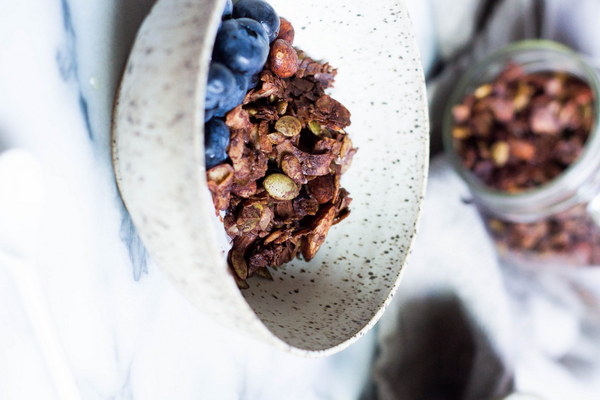
8. Avoid refined carbohydrates and sugary foods
Refined carbohydrates and sugary foods can cause rapid spikes in blood sugar levels. To maintain stable blood sugar, avoid foods such as white bread, pasta, sugary drinks, and processed snacks. Opt for whole grains and natural sweeteners instead.
9. Monitor your portion sizes
Portion control is key for managing both high blood sugar and anemia. By being mindful of how much you eat, you can prevent overeating and maintain a healthy weight. Use measuring cups and spoons to ensure you're consuming the recommended portion sizes for each food group.
10. Seek professional advice
If you're unsure about how to manage your diet with high blood sugar and anemia, consult a healthcare professional or registered dietitian. They can provide personalized dietary advice and help you create a meal plan tailored to your specific needs.
In conclusion, managing high blood sugar and anemia requires a balanced diet that incorporates a variety of nutrients. By following these food tips, you can support your health and improve your overall well-being. Remember to consult a healthcare professional for personalized advice and to monitor your blood sugar and iron levels regularly.

